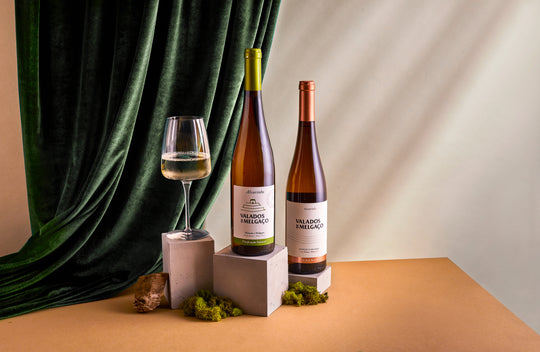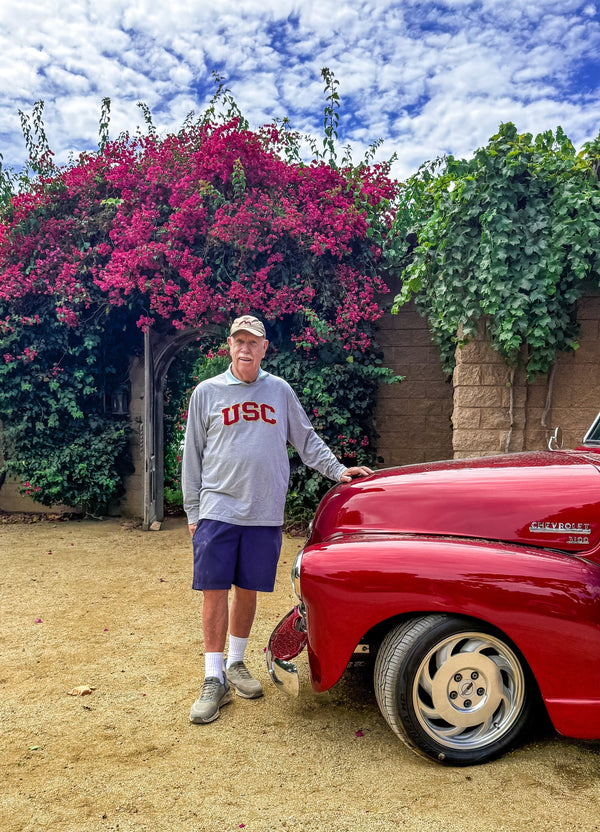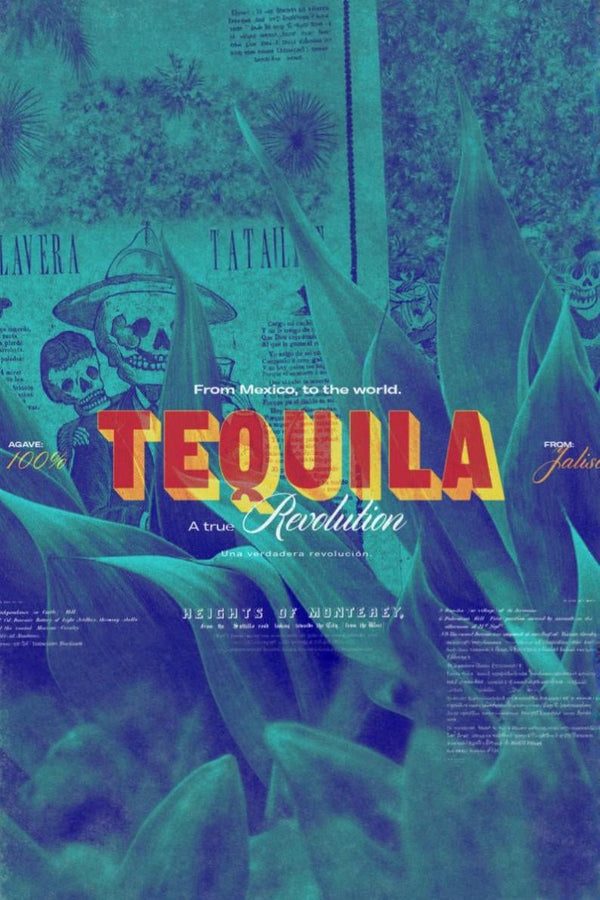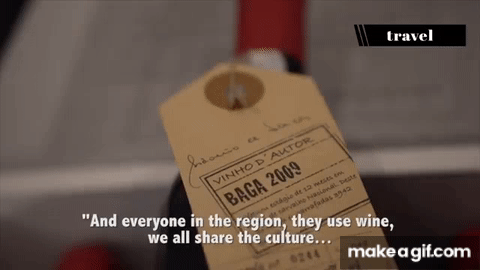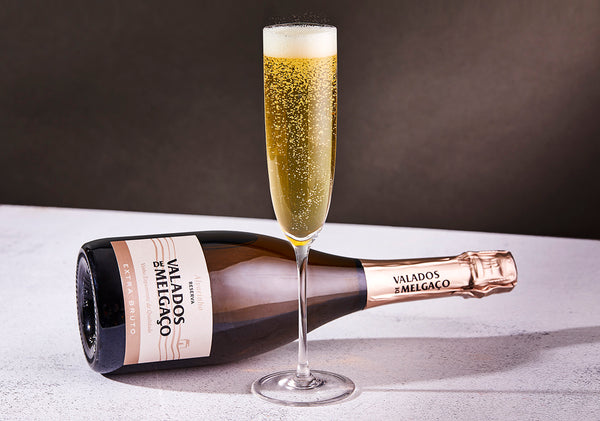Certification vs. Real-world Experience

Doctors are required to have a state medical license to practice medicine. Attorneys must have a professional law degree and be a member of the bar association to dispense legal assistance.
For such professions book smart, a diploma from a good school and certifications are paramount. You’d want to know they have all the knowledge available in their field before seeking their help.
But there are professions where sensorial mastery, travel, and knowing the intricacies of soil have the upper hand on books.
Such is the case of sommeliers, experts for whom personal experience with viticulture and winemaking is more important than being able to recite the wine regions of Portugal in alphabetical order.
Established in 1977, the Court of Master Sommeliers (CMS) hosted in first examination in 1969, graduating over 250 Master Sommeliers worldwide. To receive their pins, they must pass an introductory, a certified and advanced exam.
It is a rigorous and difficult training process, even just to gain entrance to the exam, much less passing. Pass rate hovers at less than 10% and sometimes just a handful of candidates pass each year.
Some might think certification is proof of a sommelier’s skill, but some of the most famous experts in the field have never pursued formal education and don’t carry that pin. Instead of hitting the books, they were learning and discovering wines, traveling around the world, meeting winemakers to learn about their craft, sampling wines from the barrels, and understanding the makeup of the soil and climate in winemaking regions. For them, agriculture and wineries were their classrooms.
Something else to keep in mind is that the “sommelier” no longer applies strictly to wine. The term now extends to gin and whiskey experts, as well as vodka connoisseurs and those with exceptional knowledge about the spirits industry. There’s even tea and coffee sommeliers.
PROFESSIONAL SERVICE
These spirits masters may not have actual certifications. They combine their “on-the-ground” knowledge with a great attitude, temperament, passion and charm that can take them much farther when it comes to dealing with guests and peers.
After all, sommeliers are part of the hospitality business, where human interaction truncates any learning. They are guides filled with patience, curiosity and always learning because wine is endless. The guest at table 12 doesn’t care what your score was in your sommelier exams. He just wants to know what’s the best wine pairing for his rib eye steak. Or he wants the sommelier to suggest a red wine that’s not so bitter, a fruity white wine or a light rosé. It’s about the guest’s interests, not the sommelier’s.
In those instances, it’s all about the sommelier’s mental rolodex of tastings, and a caring disposition. Tasting, service and theory learning in the classroom may come in handy—if you have them—but previous wine service experience can overcome all that. After all, a sommelier’s ultimate mission is for people to share your love and passion for wine.
Aside from that, one sommelier’s nose and mouth are completely different from the next, so individual smell and taste will differ greatly from one expert to the next. A sommelier’s taste buds, yours and mine, are all completely different, and taste can never be disputed. You may be able to pick up a scent or particular flavor that your peer simply cannot discern and that will dictate a different suggestion if someone asks for a particular bottle.
There’s obviously nothing wrong with getting your pin certifying you have passed the sommelier certification courses and exams. If you’re going to devote your life to this profession, why not pursue it to the highest degree?
It might open some doors as well when looking for a job as opposed to working for years on the floor. Formal certification may also give one a higher salary.
But future success as a sommelier is certainly not dictated by a diploma. Working on the restaurant floor and learning on your own can provide invaluable on-the-job training and an excellent education.
For some, the decision also boils to finances. Can you afford any formal education and do you have the time to devote to it? If you’re working on tips or providing for a family, these resources are not always available.
FREE CLASSES
For those with a passion for learning about wine, but without resources, there’s Sommetable. Our platform offers free online classes—both virtual and in-person—that bring together consumers, winemakers and those interested in becoming wine experts.
Passionate sommeliers—and this title applies to those with a formal certification and true wine experts without one—also host courses on our site offering the general public the insights into their expertise and valuable life experience.
For many, that past experience of working from the ground up, starting as a waiter and then becoming a maitre’d (for example), can also lead to become a stellar wine director. Such jobs will provide a more rounded knowledge of the business and connections that can help you along the way as you gain a high reputation in the industry. They also offer the service fundamentals, which schooling and certification can’t provide, such as how to “sell” a wine, how to educate people about wine, when not to do it, and how to deal with people respectfully, tactfully and successfully.
If the knowledge and experience is there, you may not need a certification. Being a sommelier is not simply just talking about wine and pulling a cork. Sommeliers are part historians and storytellers who can relate the story of the beverage that’s in the glass, its origins, and the people behind it and how it got there, why it has a particular taste and why you should try it. It’s about communicating with people. Schooling can’t teach that.
And there’s also the fact that people learn in different ways. Some prefer an established educational setting with a tasting resume and lectures that culminates with an exam. Others learn better as they go, interacting with peers and colleagues, talking to people, getting their feet wet in whatever they want to do.
Whatever path you choose, whether it is school or broad world experiences, the best sommeliers are those with spirits knowledge, a love for hospitality, great service attitude and a passion for social interactions. No pin or certification can replace that.
Banner Artwork by:
suprematika.ru
